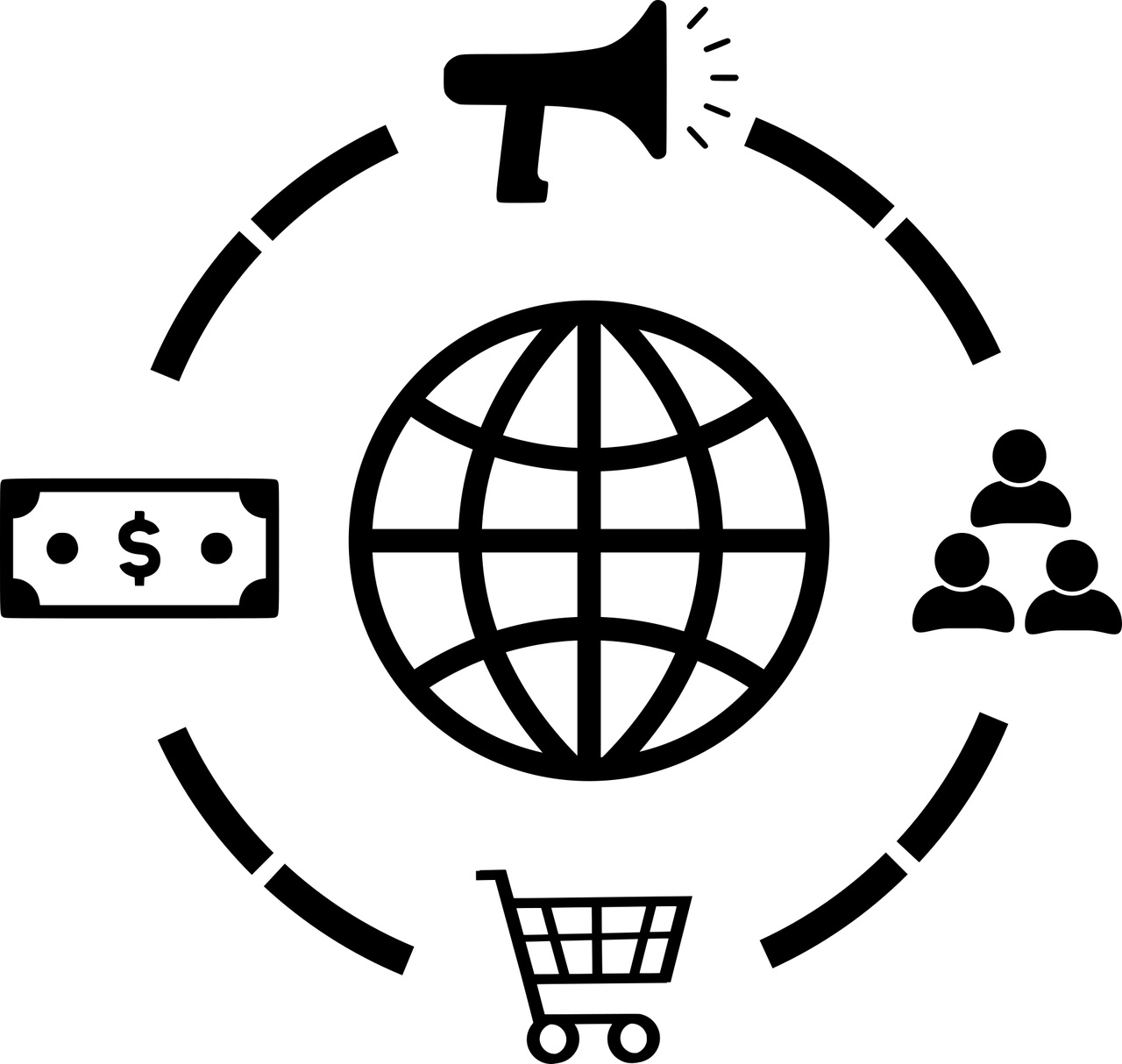
The Pressure to Win More New Clients Faster Is Only Increasing — A Sales Referral Culture Can Help
Now, more than ever, sales leaders are asking their sales teams to acquire more new target clients to accelerate growth and gain market share. The smart ones are investing the time to build a sales referral culture to get the job done.
Why?
Because experienced sales leaders know that referrals are the fastest and “stickiest” way to generate qualified leads. And they know that referral selling programs require a mindset and methodology where sales referrals are top priority for sales leaders, sales managers, and sales reps.
The Definition of Sales Culture
We define sales culture as how sales-related work gets done on a day-to-day basis. Sales cultures can be measured by understanding the way salespeople think, behave, and work. Though often invisible, sales culture becomes very apparent when people act in ways that operate against accepted norms.
When we assess organizational culture to understand if a sales referral culture exists, we look for the work environment required to make referrals an ingrained part of how Sales and Marketing thinks, behaves, and works each and every day.
Where a Sales Referral Culture Starts
A company’s sales culture begins with the CEO, Head of Sales, and Head of Marketing. If referrals are expected, supported, measured, and rewarded by all three of them, you are starting off in good shape. The highest performing sales cultures enlist everyone in the company to share and leverage their referral networks and consider all employees as an extension of the sales and marketing team.
What the Best Referral Selling Programs Have in Common
How can sales leaders build a successful referral selling culture?
What is the main obstacle to referral success? Sales leaders. Yep.
Unless leaders commit to referral selling as their #1 outbound lead generation approach and provide their teams with the opportunity to build referral skills, no referrals happen. Salespeople simply do not learn and adopt referral selling on their own.
Sales leaders discount the time, energy, and investment that it takes to execute the best referral programs and to clock repeatable, measurable referral results. Developing a sales referral culture means that salespeople have the training, resources, processes, and leadership support they need to feel confident asking for new client referrals — every single day.
That’s not coaching. That’s checking in.
The problem is that many sales managers don’t know how to coach. They’ve never had any training to build those skills. So they “point and tell.” But you can’t point at people, tell them to do something differently, and expect a miraculous change.
Teaching referral selling skills requires a clear and repeatable process. It takes lots of robust practice, joint calling, feedback, reinforcement, accountability for results and continuous skilled coaching by sales managers. If coaching is not part of the sales culture, referrals won’t be part of the culture either.
We recommend that reps attend at least one networking event a week.
The Bottom Line
Whether your target prospects are CEOs of Fortune 500 companies, leaders in an SMB or mid-market company, you are not likely to reach them by consistent cold calling. The top 10% of sales professionals sell differently. They recognize that referrals are the fastest and “stickiest” business development methodology for qualified lead generation.
To learn more about how to build a healthier pipeline and close more new clients, download Client Referrals – Your Untapped New Revenue Source
Explore real world results for clients like you striving to create higher performance